Contact: ecc11-org (at) nonlineaire.univ-lille1.fr
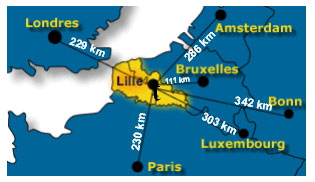


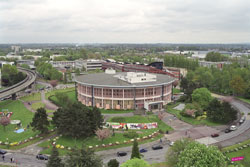
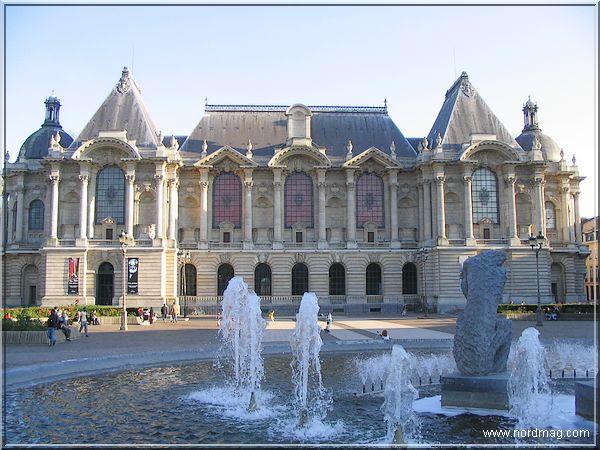




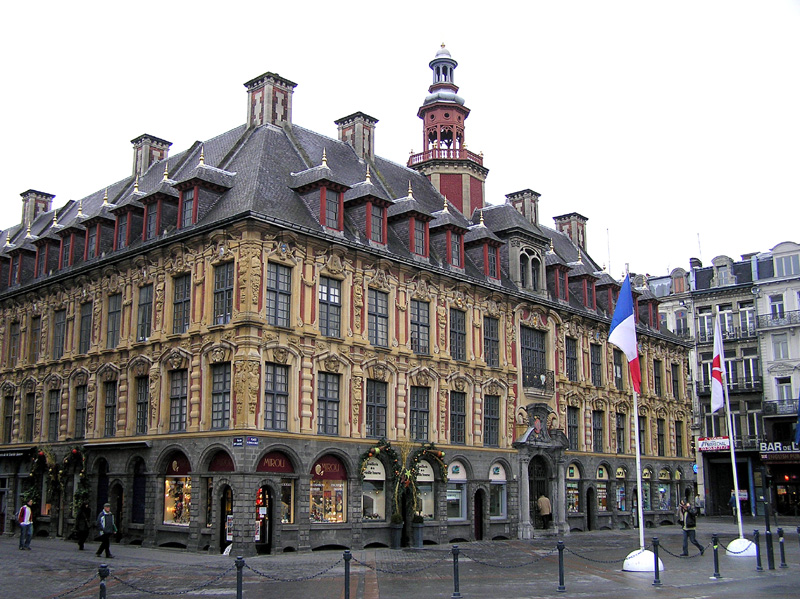
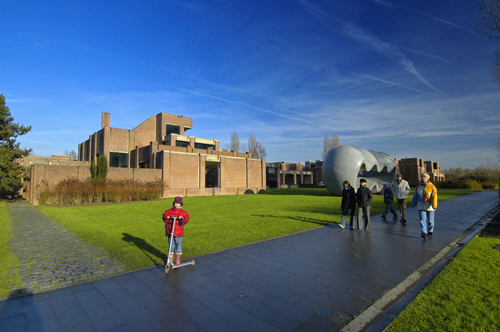



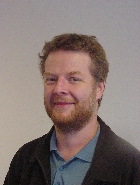
Christophe LETELLIER
Complexe de Recherche Interprofessionnal en Aérothermochimie (CORIA), Université de Rouen, France
http://www.atomosyd.net/spip.php?article1
Professor at University of Rouen, Christophe Letellier is working on topological analysis and global modelling of chaotic dynamics since 15 years. He focussed on systems with symmetries and published a book with Robert Gilmore (The symmetry of chaos, Oxford University Press, 2007). Another important research subject is about the quality of the phase portrait reconstruction from a single variable, a problem called observability. Many applications to global modelling have been completed with Luis Aguirre. His theoretical contributions have been then applied to biomedical data, with a special attention to mechanical ventilation.
Christophe Letellier is Head of french research network GdR 2984 DYCOEC
How and why the analysis of a dynamics can depend on the choice of the observable
(with Luis A. Aguirre and Robert Gilmore)
The Takens theorem ensures us that a phase portrait equivalent to the original one can be reconstructed provided a large enough embedding dimension. Unfortunately, a weakness in this beautiful theorem is related to the "generic" measurement function. Indeed, how can we be sure that the measurement function we use is "generic"? For instance, if you investigate the Lorenz dynamics, you may choose to measure variable z, but this is not a measurement function since the complete lack of symmetry is broken as soon you perturb z with a small amount of x or y. But there is a more serious problem. It may arise that some states which are different in the original phase space cannot be distinguished in the reconstructed space or, worse, that they cannot be observed at all. This is the so-called observability problem which has a similar but not identical counterpart in control theory.
Surprisingly, this is very rarely mentioned while investigating dynamical systems. But many techniques like global modeling, dimension estimation, synchronization, recurrence plots and related estimators, provide results that are dependent on the choice of the observable. It will be showed that most of these discrepancies can be interpreted in terms of lack of observability.
Observability is related to the quality of the coordinate transformation between the original m-dimensional phase space and the corresponding m-dimensional differentiable embedding. Lack of observability is always related to singularities occurring in this coordinate transformation. This presentation will introduce the concept of observability coefficients, explain how they can be computed from the original equations and illustrate in different situations how they can be used to explain heterogeneities in the results obtained while using different variables from a given system.